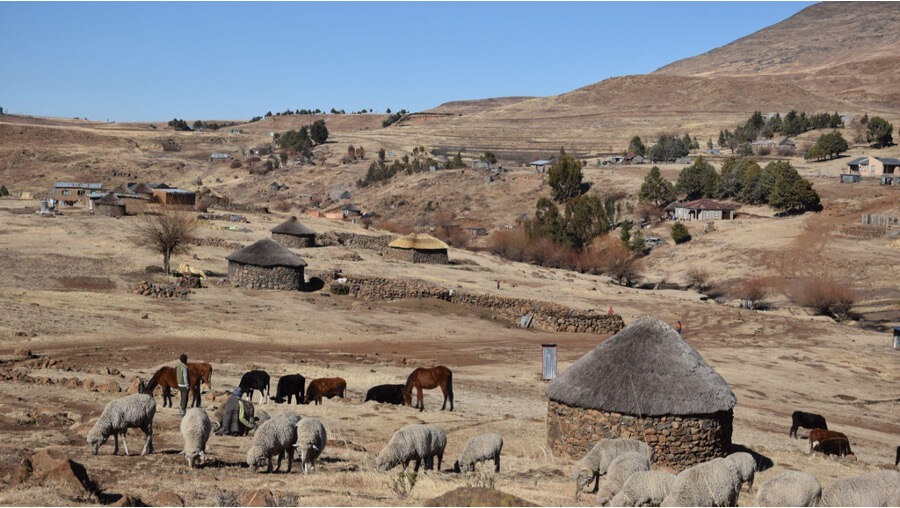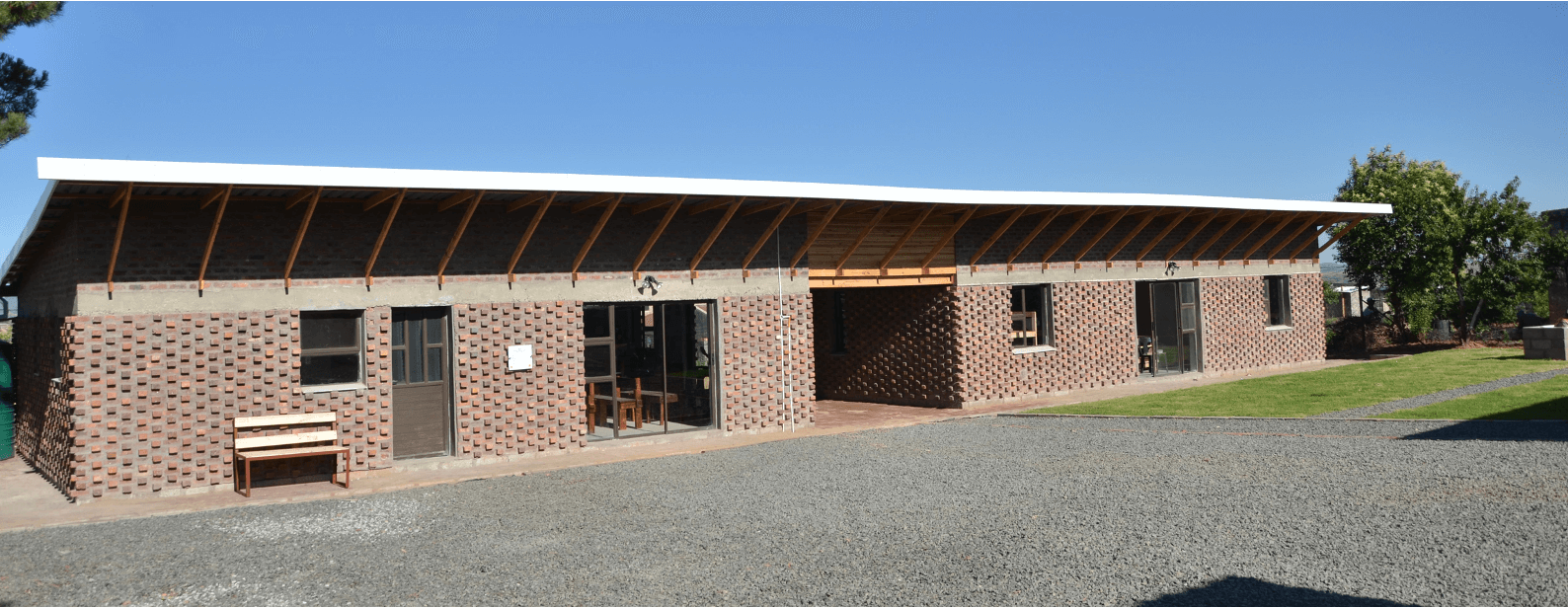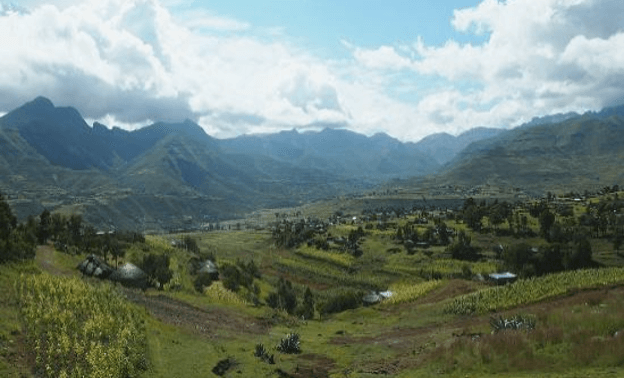Travel the world and experience different cultures while earning AU credit
Work-integrated learning opportunity open to architecture, heritage resource management, and computer science students
Athabasca University (AU) students will have the chance to travel to southern Africa and earn undergraduate course credit with funded trips in November 2023 and November 2024.
Veronica Madonna, an assistant professor with the RAIC Centre for Architecture in AU’s Faculty of Science and Technology, is the project lead. She and her colleagues received a $300,000 grant from Global Skills Opportunity, which will cover most of the cost of travel for all students who participate. The project will be run with the Lesotho-based not-for-profit organization Relationships Inspiring Social Enterprise (rise).
Students in the architecture, heritage resources management, and computer science programs can get undergraduate course credit for this work-integrated learning project, whether they travel to Lesotho or take part virtually.
“We’re working to develop projects that will really incorporate a multidisciplinary experience with all those components. Bringing together these themes in Lesotho gives students a unique opportunity in the social, economic, and environmental importance of the built and digital environment rooted in cultural value in place,” she said. “That is the core value of our mission for this project.”

Work-integrated learning in architecture
For architecture students, the Lesotho project will complete one of the Architectural Design Studio requirements in AU’s undergraduate architecture program.
It will follow a similar structure to the existing design studio courses, with 4 projects: participatory research and site analysis, a design project focused on a structure that communities in Lesotho need, the trip to Lesotho itself, and finally the post-departure reporting.
Within the project’s overall theme of regeneration, students will work closely with local communities in Lesotho to collaborate on the project with a heavy focus on community engagement.
“This is a very important concept,” Madonna said. “It’s something we need to focus more on in the architectural profession, and we’re going to be incorporating that into the first project.”
“We’re working to develop projects that will really incorporate a multidisciplinary experience.”
– Dr. Veronica Madonna, project lead
Heritage resource management in Lesotho
Dr. Shabnam Inanloo Dailoo, director of the Heritage Resources Management (HRM) program at AU, said students in that program will work with local counterparts to identify heritage places and buildings that have value to the community.
“We are planning to task students to prepare statements of significance for a number of heritage buildings in the area. We want them to learn how these statements would be used as a critical tool in heritage conservation,” she said.
Through this process, students will be able to learn about the value(s) of heritage based on community values. They can also learn from community members about the central role those values play in the management of heritage places.

Interdisciplinary computer science projects
The work for computer science students who take part may look a little different than the work of architecture students and HRM students, said Dr. Vive Kumar, an associate dean of the science faculty and professor in the School of Computing and Information Systems.
He explained the faculty has adopted several of the United Nations Sustainable Development Goals as research priorities. Undergraduate computer science students will have the opportunity to develop for-credit projects that help address those goals.
“The goal is for the computing students to observe what’s happening in the region and connect their work to the sustainable development goals we have adopted, as a faculty, as our research focus,” he said. “So they may go there, learn about a new domain, and start to develop their own vision for what is missing in their curriculum and how they plan to address that.”
“Our vision is to have an Africa where vulnerable youth transform from job seekers to job creators.”
– Daniela Gusman, founder and executive director of rise international
Working with local partners
The work in Lesotho is being coordinated by the AU project leads in collaboration with rise international and students in Lesotho.
Daniela Gusman, founder and executive director of rise, said the organization focuses on economic development through job creation, skills development, and entrepreneurship, particularly in the built environment.
The organization’s program has two focuses: helping vulnerable communities get much-needed infrastructure, and running fellowship programs for young entrepreneurs who have finished studying the built environment, but don’t have work experience.
“Our vision is to have an Africa where vulnerable youth transform from job seekers to job creators and we are delighted to be partnering with Athabasca University on this program, which will give Basotho students the opportunity to interact with students from Canada and build lifelong connections,” she said.
AU students will work with members of this fellowship program, called in loco, as well as with architecture students from Limkokwing University, computer science students from Botho University, and heritage studies students from the National University of Lesotho.

Apply for work-integrated learning in Lesotho
All students who take part will have their direct costs—travel and accommodation—covered by the grant. Some students may also be eligible for additional funding to cover indirect costs, such as dependent care and course tuition.
The deadline to apply for the November 2023 project is Aug. 3, 2023. Details about how to apply for the 2024 project will be announced in early 2024. There will be about 15 spots available to participate in person in each of the 2 years, and many more opportunities to participate virtually.
More information about the project, and how students can participate, is available in a previously recorded information session with project organizers.